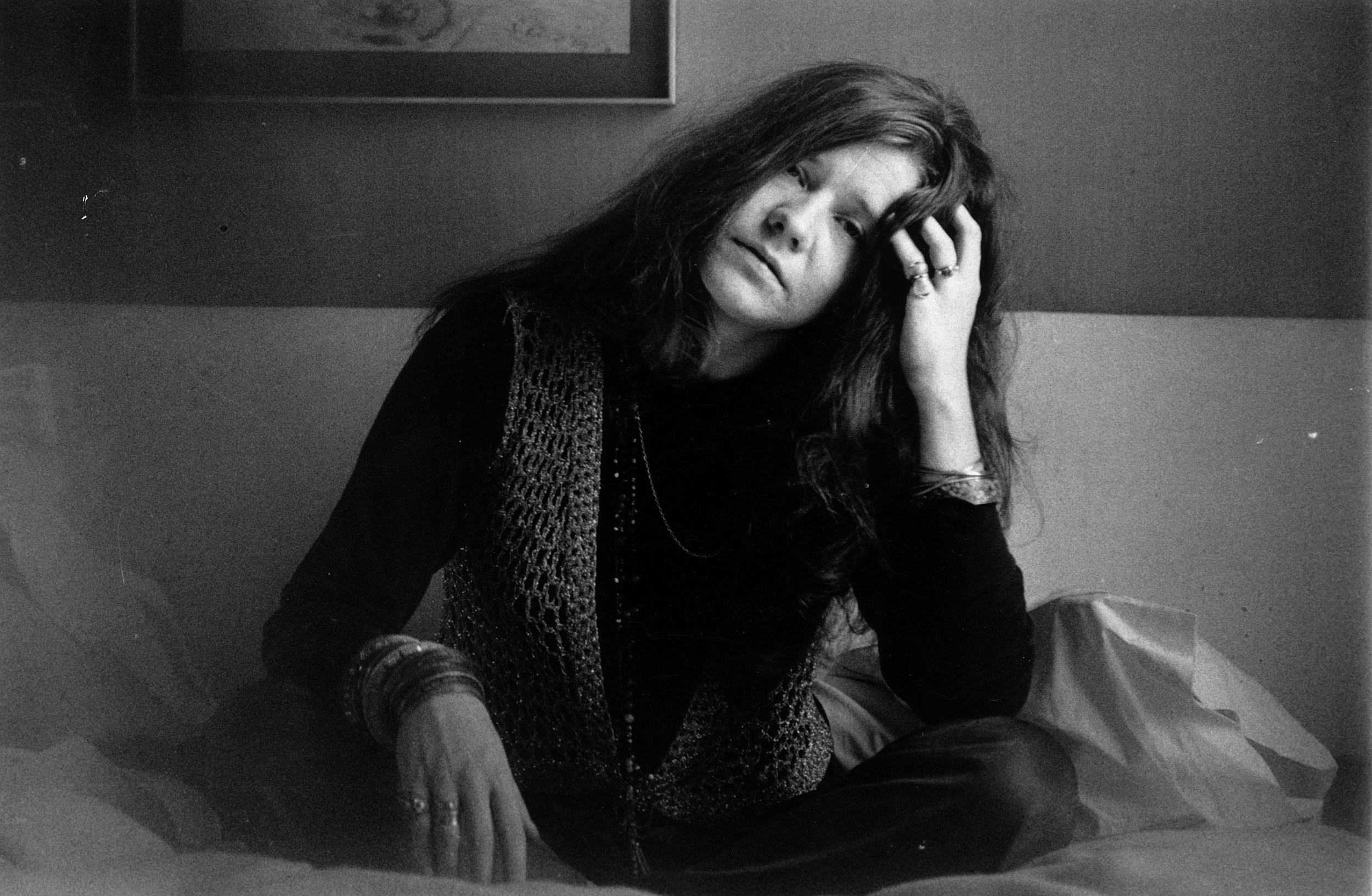TALK, TALK, TALK
New book of Howard Smith interviews offers revealing look at 1960s icons
by Don Stradley
About
whether radio was more important than film, Lou Reed told Howard Smith that the
kids of 1969 were “wired. They’ve got tape recorders in this pocket, they’ve
got a radio over here…and films, where you have to sit in one place for, like,
two hours to watch this thing, that’s not the future.” Then, the stunning
caveat: “People like mobility.” There’s Lou, making like Nostradamus,
practically predicting the forthcoming trend of people staring into their smart phones as they walk into traffic.
But Smith, a Village Voice columnist and New York radio personality, nudges the
conversation into a dull talk about drugs. Smith was once described by Vanity
Fair as “the preeminent reporter on the counter culture,” which means many of
the interviews collected for The Smith Tapes 1969-1972 careen
into random discussions of what drugs the kids were taking. If Smith had Lee Harvey Oswald on the verge of confessing to the Kennedy assassination, he’d probably
interrupt to ask if there were any good pot connections in Dallas.
This
doesn’t mean Smith’s subjects don’t get to shine a bit and reveal the unexpected. Jim Morrison, for instance, is
quite funny when he defends his recent weight gain: “It’s terrible to be thin
and wispy, because you could get knocked over by a strong wind. Fat is
beautiful.” The material on these tapes, unheard for years until being edited
and transcribed by New York filmmaker and artist Ezra Brookstein for Princeton Architectural Press, veers
from the interesting to the mundane to the frustrating. Frustrating because Smith
has access to some fascinating characters but tends to ask a lot of meathead
questions, like when he asks George Harrison why Ringo didn’t get to sing more
on the Beatles’ albums. Then again, maybe this is what made Smith a kind of
cult figure himself back in his heyday on WPLJ, this sense that he was just some mustachioed
everyman haunting hippie heroes with a tape recorder. (In 2012, a selection of these digitized uncut interviews were released as digital downloads and as a limited edition CD box set.)
Smith,
who died in 2014, won an Oscar for his 1973 documentary on evangelist Marjoe
Gortner, and his style seemed to be one of letting the camera run until something
of interest happened. Gortner was an intriguing character – he’d started as a
four-year-old fire and brimstone preacher, memorizing gestures taught to him by
his mother – but too much of the film is endless footage of tent show preachers
doing their thing. Academy Award aside, it’s a bit of a lurch. Yet, it’s easy
to connect the maker of Marjoe with the
man conducting the series of interviews in The
Smith Tapes. The lineup is startling: Andy Warhol, Dennis Hopper, Joe
Cocker, Dick Gregory, John Mayall, Sly Stone, Vidal Sassoon, Jane Fonda, Eric
Clapton, Norman Mailer, and a couple dozen others, plus various Beatles.
And they
don’t disappoint. From Pete Townshend describing an altercation with some Hell’s
Angels, to Amiri Baraka telling white liberals to “not interfere in the affairs
of black people,” to Buckminster Fuller discussing domed cities of the future,
the conversations get better when Smith stops asking rock stars about their
finances. The topics hurtle about like a kaleidoscope of the period: racism,
sexism, politics, the aftermath of Woodstock, the rising youth culture, and the
concept of celebrity. Most of the figures are more or less as
you’d expect them to be. Arlo Guthrie, hot after Alice’s Restaurant, is a jovial stoner, offering a comical description
of his adventures before the draft board. Frank Zappa is prickly and impatient.
Clapton, discussing the guilt certain rock stars feel about their massive
paydays, says “I think money corrupts, so I get rid of it as quickly as I can.” Regarding actors who take up social causes, Dustin Hoffman, fresh off Midnight Cowboy, mocks his colleagues for being “rather limited in what they know.”
Some
moments are both chilling and poignant. Even as the Beatles
were capsizing during 1969-70, both Harrison and Lennon suggest the band may still record together,
though Lennon wishes the group could expand to include more members, perhaps
even Elvis Presley. The soon to be dead Morrison is cryptic when he compares man’s sense of
self-destruction to losing one’s virginity: “You hear everything about it –
everyone’s talking about it all the time. So you kind of have this itch to try
it and see what all the talk’s about.” But there may be no moment in this
sprawling, epic, thought-provoking collection so rife with portent as Janis
Joplin’s fear that her interview is unusable. She would die in a few days
from a heroin overdose, but is concerned that her interview should be reviewed by her
publicist, and fears she may have said something wrong.

No comments:
Post a Comment